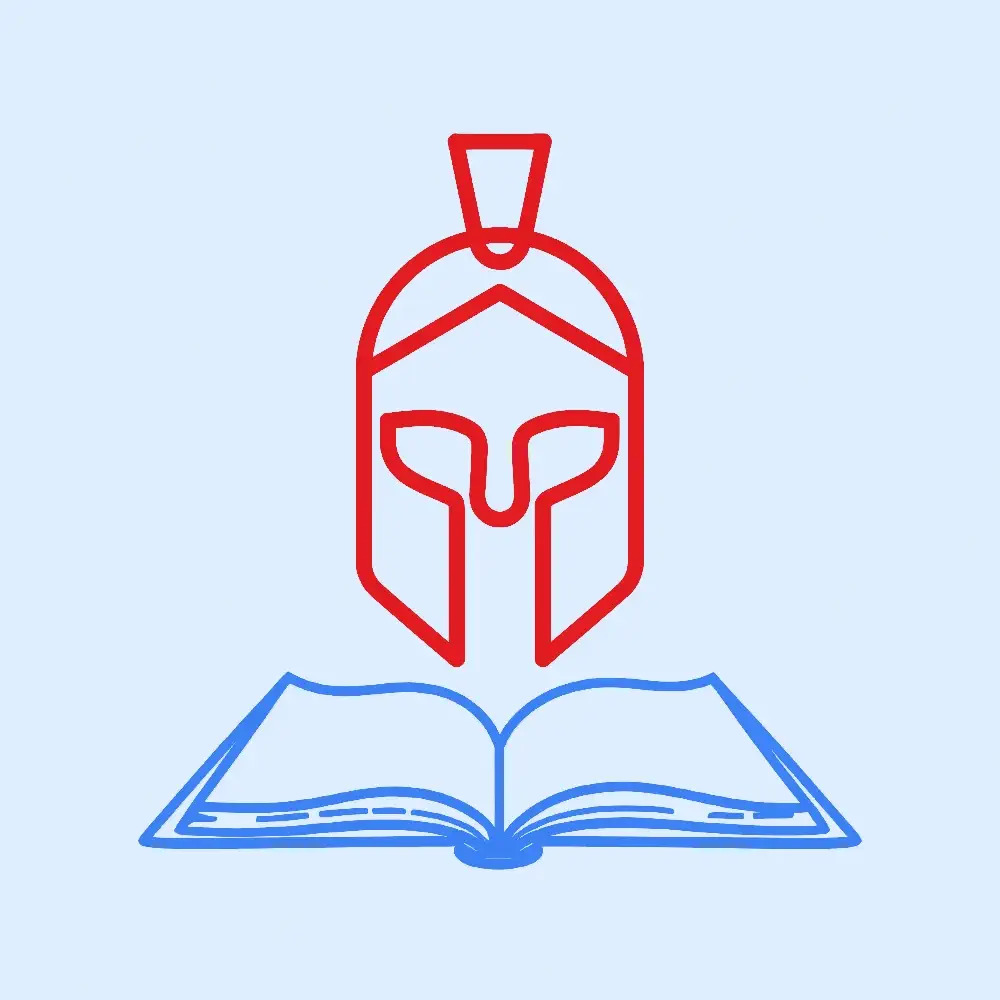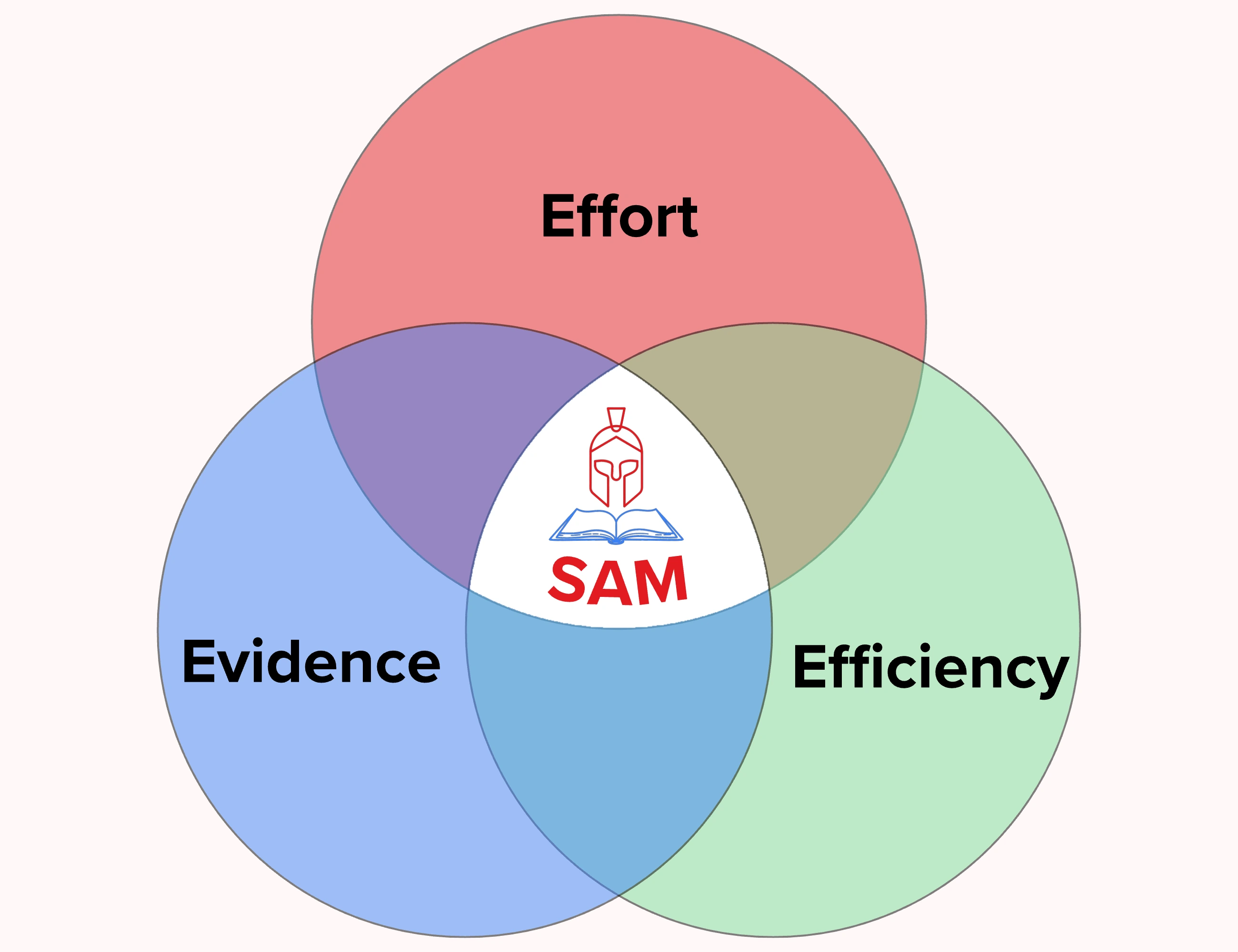Good study feels bad
In several studies, students who used the hardest methods felt the least prepared, but scored the highest (Karpicke & Blunt, 2011; Kornell & Bjork, 2008; Soderstrom & Bjork, 2015).
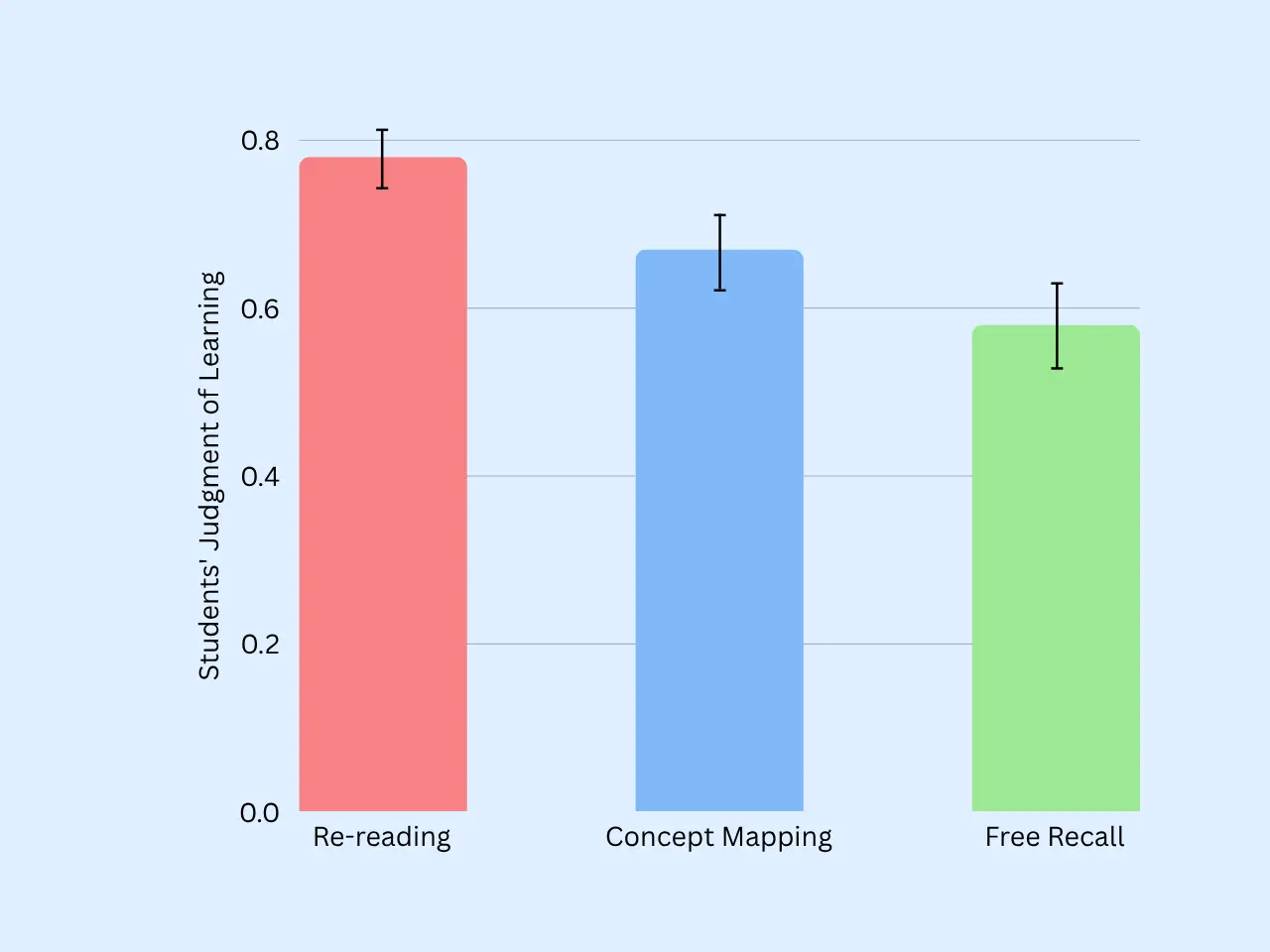
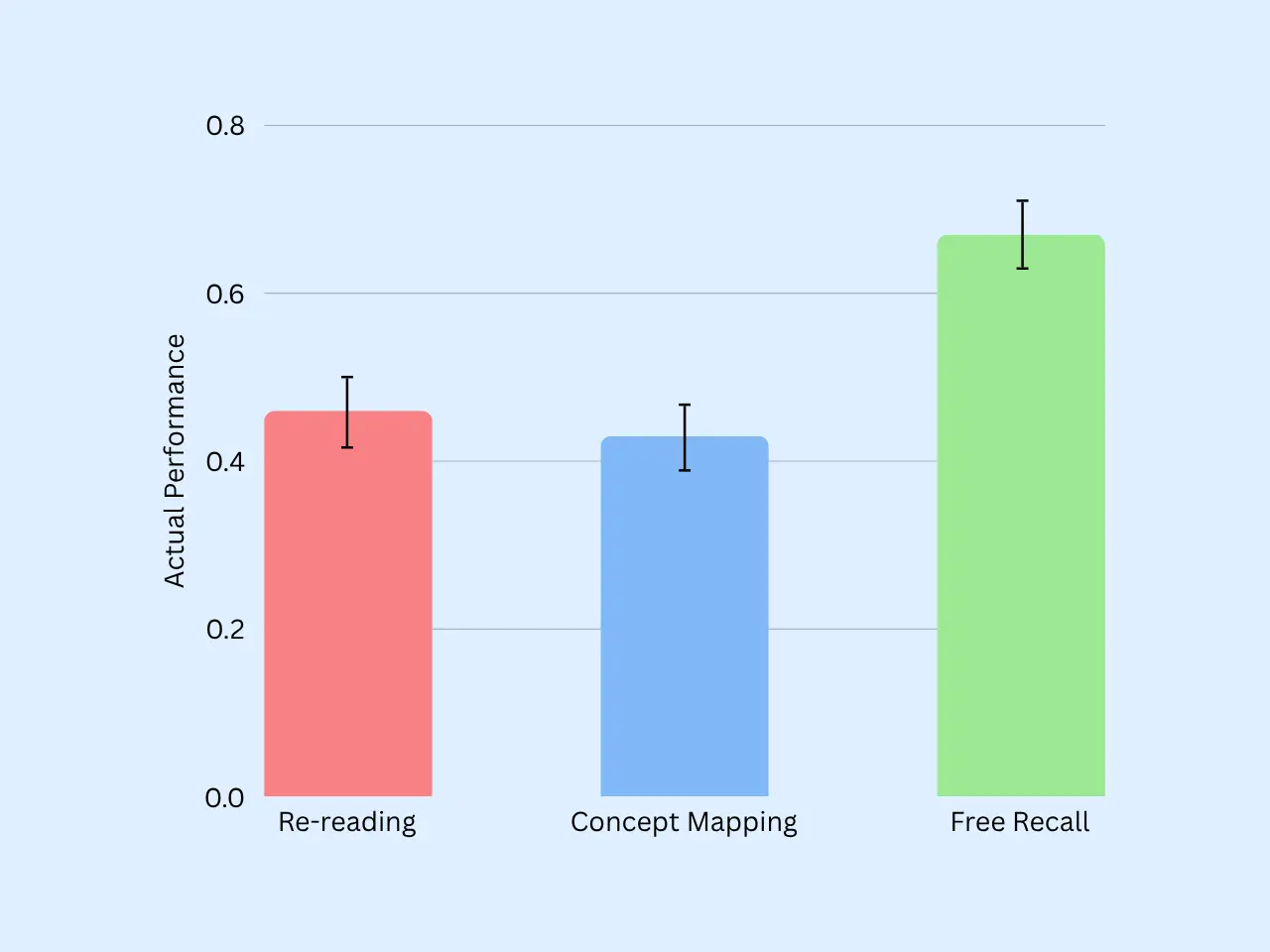
Actual performance
Predicted performance
Adapted from Karpicke, J. D., & Blunt, J. R. (2011). Retrieval practice produces more learning than elaborative studying with concept mapping. Science, 331(6018), 772–775.
vs.
A core theme in the science of learning is desirable difficulty (Bjork & Bjork, 2011). To study faster, make studying harder (in the right ways).
I spent years reading research and experimenting with new ways to study. Some worked, most didn’t. This site is basically a record of what actually helps you study faster. And I’m constantly updating it with the help of readers who report back.
The mastery loop is one idea that survived. Feel free to hit the blue button above and read about it.
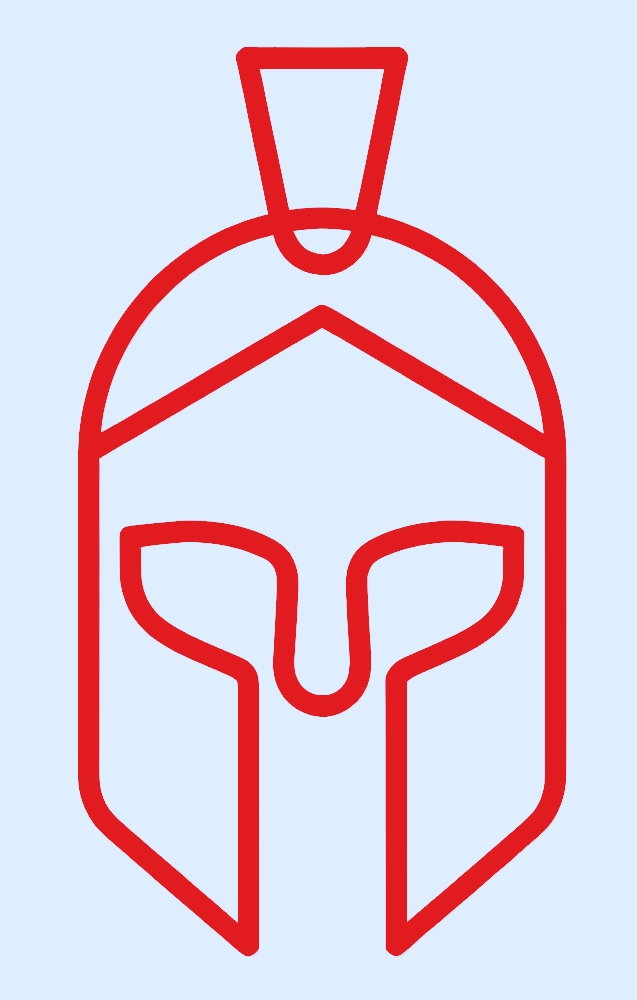
Studying isn't yoga, it's powerlifting.
